Accordingly, the 40-year-old female patient (address in Viet Tri - Phu Tho ) has a history of stomach cancer, had one round of chemotherapy then refused treatment, switched to a macrobiotic diet and recently ate a large amount of jackfruit honey.
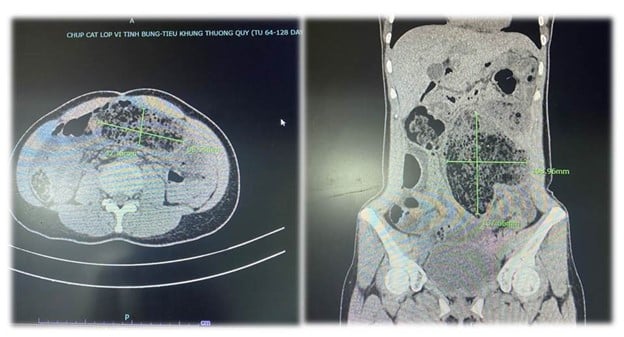
Computed tomography (CT) scan results revealed a dilated intestine measuring 4.2 cm x 9.8 cm; 13.8 cm x 10.9 cm containing a lot of food residue.
In the early morning of June 25, the patient was admitted to the hospital with colic pain, abdominal distension, and nausea. Examination and abdominal CT scan results confirmed the diagnosis of intestinal obstruction due to food residue (thought to be due to eating jackfruit).
Immediately after being admitted to the emergency room, the patient was prescribed a nasogastric tube, intravenous fluids, complete intravenous nutrition, and medication to soften food, ease digestion, and relieve pain. By the afternoon of the same day, after a period of monitoring, seeing that the condition had not improved, and that solid food could not pass through the blocked intestine, the doctors of the General Surgery Department consulted and decided to perform surgery on the patient.
Master Doctor Tran Thanh Tung - Head of General Surgery Department shared, with the method of open abdominal surgery to access and release the area of intestinal obstruction caused by food residue. The food mass causes the blocked intestine to solidify, blocking the normal circulation of the digestive tract. After nearly 2 hours of surgery, the doctors completely removed the food residue, re-establishing the circulation of the digestive tract.
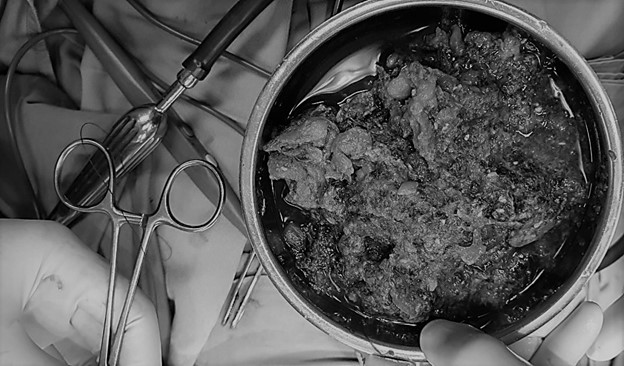
Food waste is released from the body.
Notably, this patient had undergone gastric bypass surgery to treat stomach cancer 2 years ago. Therefore, the stomach's ability to contract and crush food was ineffective. Eating a lot of fibrous foods such as jackfruit, bamboo shoots, etc. created a burden on the digestive system, resulting in food residue being pushed down into the small intestine, causing stagnation and being compressed, leading to intestinal obstruction.
After surgery, the patient's condition was stable and electrolytes were restored, antibiotics were used, and oral feeding was resumed with liquid and gradually thickened food and nutrition over the next 7 days.
Doctors recommend that jackfruit, along with dried bamboo shoots, guava, water spinach, etc., are common foods with high fiber content. Therefore, if eaten incorrectly, these foods can create solid fibrous residue, causing intestinal obstruction and many health risks. People who are susceptible to intestinal obstruction due to food residue are the elderly (poor chewing ability), people who have had abdominal surgery (such as: gastrectomy, etc.) or have poor intestinal motility, poor digestion, etc.
Dr. Tran Thanh Tung added that if intestinal obstruction caused by food residue is not detected and left for more than 24 hours, the victim may have a ruptured intestine, intestinal tissue necrosis, the infection spreading to other parts, causing septic shock, and poisoning that progresses to a life-threatening stage.
Doctors also recommend that people should eat well-cooked, stewed food; chew thoroughly and avoid eating too quickly; limit the use of difficult-to-digest foods, foods rich in fiber in too much quantity at one time, especially on an empty stomach; drink enough water, at least 2 liters of water/day; exercise regularly to help stimulate the intestines, easily contract and circulate well.
Thu Phuong
Source


![[Photo] Prime Minister Pham Minh Chinh inspects the progress of the National Exhibition and Fair Center project](https://vphoto.vietnam.vn/thumb/1200x675/vietnam/resource/IMAGE/2025/5/19/35189ac8807140d897ad2b7d2583fbae)





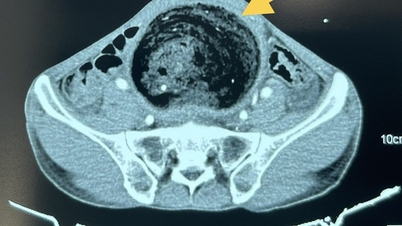

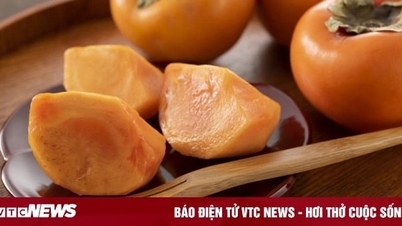



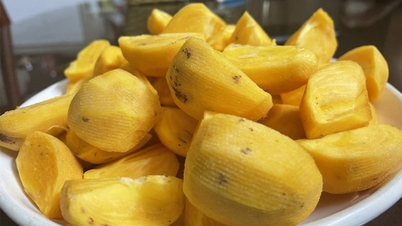

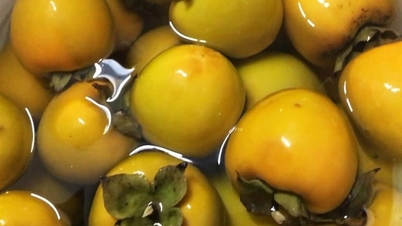
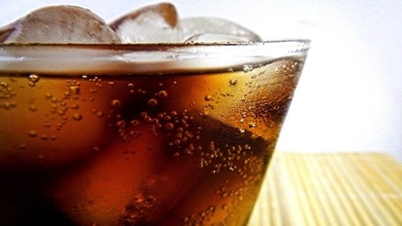
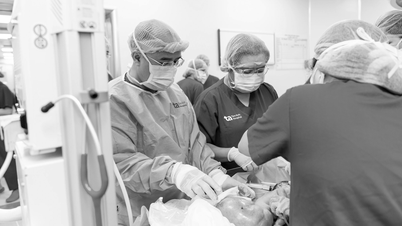

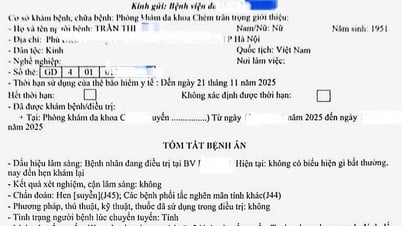






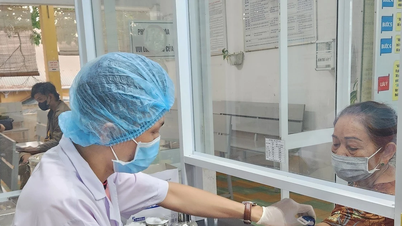

















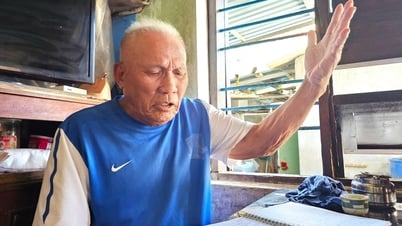
















































![[VIDEO] - Enhancing the value of Quang Nam OCOP products through trade connections](https://vphoto.vietnam.vn/thumb/402x226/vietnam/resource/IMAGE/2025/5/17/5be5b5fff1f14914986fad159097a677)







Comment (0)